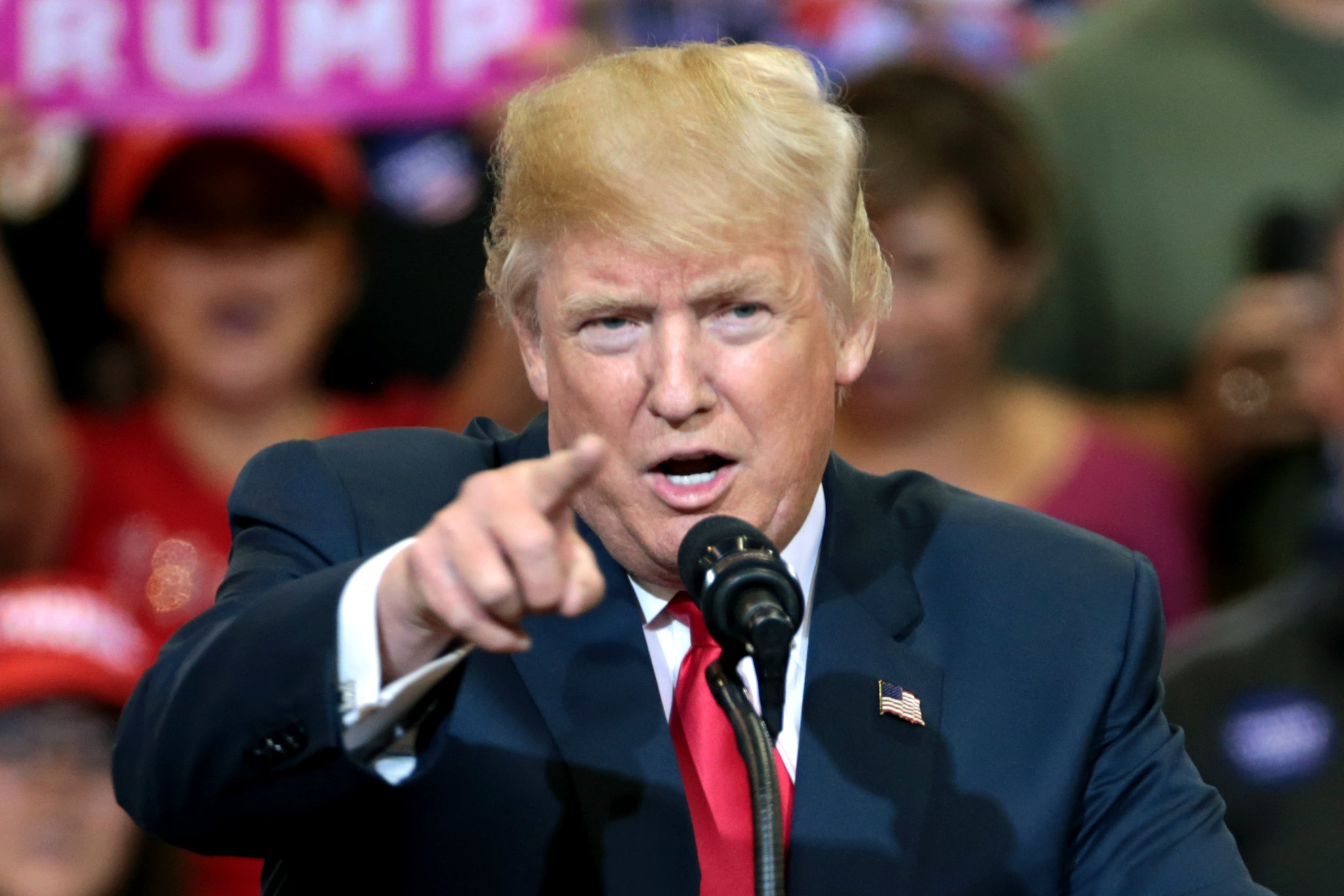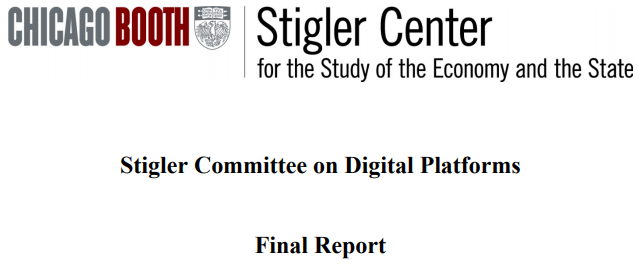President Trump’s 2020 Economic Report finally confronts the issue of antitrust enforcement both in the traditional economy and in the digital one. While it criticizes the demand for more antitrust enforcement on the ground of insufficient evidence, it dismisses the conclusions of the Stigler Report on a purely a priori argument, ignoring all the evidence contained in the report.
The increasing importance of online businesses that facilitate/monopolize the interaction between suppliers and consumers (the so-called digital platforms) has attracted the attention of governments around the world. The conservative UK government has commissioned a report on digital platforms; so did the European Union, Australia, Germany, France, Japan, Canada, Italy, The Netherlands, Mexico, and Portugal. Even the BRICS countries have produced two joint studies to analyze the new phenomenon. The only major government that so far had ignored the problem was the US Government.
On February 20, the Trump administration released its annual Economic Report. We are delighted to see that the report contained a section on the status of competition in the US and another section on antitrust enforcement for the digital economy. The section on the digital economy is centered on an attack on the proposal of the Stigler Report to create a Digital Agency, saying it “raises a host of issues” and “that the downsides of new, far-reaching regulation need to be taken seriously.” In doing so, the Council of Economic Advisers repeats, almost verbatim, a claim already advanced by Charles Koch Institute’s Neil Chilson in the Washington Post, an argument already refuted in an earlier ProMarket post.
For those who don’t know, last September, the Stigler Center released the Final Report of the Stigler Committee on Digital Platforms. The report was the combination of four technical studies and a purposefully non-technical, easier-to-read policy brief. It was prepared by a group of 30 independent scholars who reviewed the challenges posed by the rise of digital platforms to market structure/antitrust, data protection, the political environment, and the news media.
Our hope was two-fold: first, to stimulate the US debate on the topic by filling the void left by the absence of independent US studies in these key areas (we are still waiting for the Federal Trade Commission or the Department of Justice to release any findings regarding these markets); second, to produce a document that helps move the academic and policy debate forward by tackling all the problems in a technical and integrated manner.
Roughly 150 days have passed since the report’s release and, in the meantime, it has been widely circulated, praised, and inspired important debates: from academia in general to the news media, different congressional committees to actual antitrust investigations. The British antitrust authority, for example, wrote that it provides “strong groundwork” for regulators. We also saw a share of those who disagreed with our views—the most high profile certainly being the newly released Trump Administration’s 2020 Economic Report.
We will provide a more comprehensive response to the Trump administration’s criticism soon. Nonetheless, in the meantime, it is worth noting that the criticism rests mainly on two claims:
- studies decrying the lack of competition fail to account for the competitive dynamics of real relevant markets (versus the broader economy)
- a digital agency may be captured by the industry it hopes to regulate.
In doing so, however, it basically suffers from the main flaws it decries.
Regarding the first, it relies solely on general criticism about studies equating market concentration to decreased competition that is not applicable to digital markets. We are well into a major literature review of more than 20 independent reports on digital markets that have been released by independent authorities/expert panels over the past years (listed here) and it is impressive how they all share a similar diagnostic regarding the overall characteristics of these markets.
More importantly, antitrust authorities have now released a number of different and detailed studies showing lack of competition in the well-defined digital markets of search; social media; search, display, and open display digital advertising; news referral services and app stores, to name a few. These authorities are responsible for numerous antitrust condemnations and in-depth investigations that all but reinforce the conclusions of the Stigler and other reports. If we lack similar data for the US, it is mostly because US antitrust authorities have failed to oversee the online world.
Indeed, it is worth remembering that when the Federal Trade Commission last looked into online markets it concluded that Google’s “conduct has resulted—and will result—in real harm to consumers and to innovation in the online search and advertising markets”. By some FTC estimates, Google’s practices foreclose something in between 20-52 percent of the digital advertising market. Nothing has been done since.
This takes us to the second criticism, regarding the risk of capture. Of course, capture is a potential risk/cost—indeed, the report openly addresses it. Nonetheless, as was stressed elsewhere, doing nothing also carries a great cost and may be even more harmful to consumers.
Those who try to rule out the detailed proposal to create a new regulator by simply saying “capture”, carry the burden of showing that having such a regulator would be more harmful than sticking to the status quo. That is particularly true because, as the Trump Administration’s itself acknowledges, many expert panels around the world, from the Furman Report in the UK to the Crémer report in the EU, also provide strong evidence that we are well past the point where simply sticking to the status quo is less harmful to consumers and our society than the proposed potential changes.
By now, the body of evidence on the multiple problems of digital markets is so overwhelming—the evidence refers to multiple issues, in many different digital markets and comes from so many diverse sources—that failing to act because of general, abstract concerns about capture would be the exact kind of baseless public policy the Trump administration attacks in the first half of its analysis.
Above all, though, we welcome the criticism. The debate on how to address the negative downsides of digital platforms has quickly shifted—so much so that the platforms themselves are now trying to hollow it out. Our policy brief concluded with the following phrase:
“Some will regard our proposals as too timid, while others as too radical: We regard them as the minimum response to address the new challenges raised by digital platforms. As the Digital Revolution is advancing, the political system is called to manage the effects of this revolution on society. Without a public debate, the policy response risks being dominated by the interests of the digital platforms themselves. The independent nature of this report makes it the ideal starting point for such debate, which we hope will be intense and fruitful.“
If our report has triggered the Council of Economic Advisers to focus on digital platforms, our first goal has been achieved.
Now it is time to talk about possible solutions.
The ProMarket blog is dedicated to discussing how competition tends to be subverted by special interests. The posts represent the opinions of their writers, not necessarily those of the University of Chicago, the Booth School of Business, or its faculty. For more information, please visit ProMarket Blog Policy.







